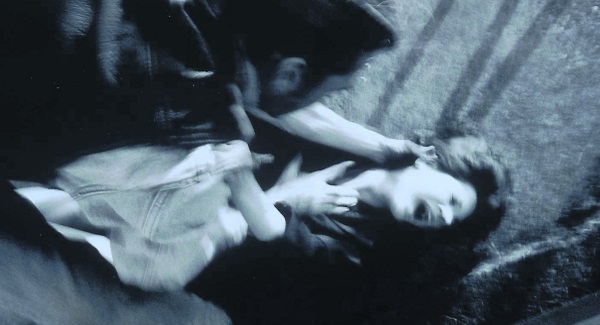More than 30 people a day contact Ireland’s national rape helpline, latest figures show.
Almost 12,000 callers sought help from the Dublin Rape Crisis Centre’s helpline last year, it has revealed in its annual report.
More than half of the contacts are first time callers looking to speak about rape or sexual abuse.
The numbers calling for the first time rose 16% from the previous year.
This has had a knock-on rise in demand for face-to-face therapy which is already over-subscribed, the support group has warned.
Incoming chief executive Noeline Blackwell said around two-thirds of the centre’s funding came from the State, with the rest coming from fundraisers.
“While the grants received are essential, they only partially cover the costs,” she said.
“Recession cuts to funding have not been reversed which means that we cannot do all we would like to do.”

Nearly a quarter (23%) of callers to the national helpline are men, with the majority (76%) women. Less than 1% were transgender.
Slightly more calls last year related to adult sexual violence compared to childhood sexual abuse, the centre said.
The organisation also works to prevent rape taking place in the first place, and Ms Blackwell has called for the urgent enactment of the Criminal Law Sexual Offences Bill, when the Dáil returns in the Autumn.
Ms Blackwell said: “In the Dublin Rape Crisis Centre we do not want to see this generation of children suffering abuse in such a way that they have to present it later on as adults.
“We believe that this Bill is an important piece of legislation to protect today’s children and we definitely want the TDs to put it at the top of their agenda when they come back in September.”
Face-to-face therapy was provided to 499 people as well as accompanying victims to the Rotunda sexual assault treatment unit, court and Garda stations.
Head of clinical services Angela McCarthy said: “Compared with 2014, 2015 saw a resurgence in calls relating to childhood sexual abuse with a small decrease in calls relating to adult sexual violence.
“We have seen an increase in adults in mid-life looking for therapy for childhood sexual abuse, often after many years of suffering and silence”.


